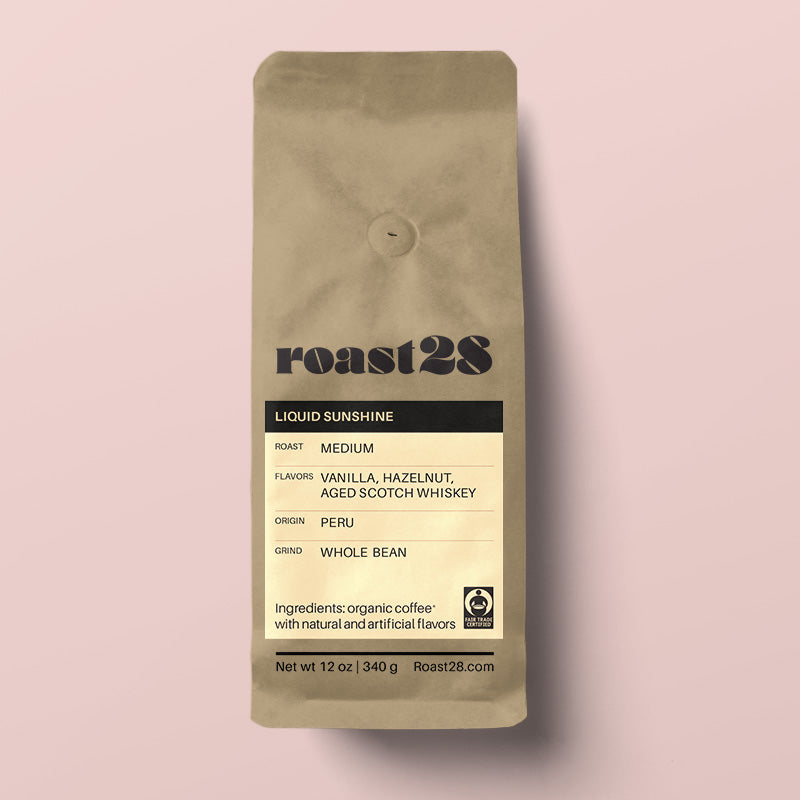Last updated: August 21, 2025
Choosing ethically produced coffee often means paying a little more, but that added value reflects something greater than just the beans in your cup. Ethical coffee prioritizes fair labor practices, environmental responsibility, and long-term sustainability, ensuring that every step of production supports both people and the planet. This isn’t a passing trend—it’s a growing movement dedicated to building a stronger, more responsible coffee industry for the future.

Ethically produced coffee has higher production costs
Ethically produced coffee often involves fair trade practices, organic farming, and direct relationships with farmers. Responsible coffee cultivation can increase the production costs because it requires more labor, adherence to higher standards, and often lower yields. Environmentally friendly farming doesn't use synthetic pesticides or fertilizers, which can result in higher labor costs and lower yields. Additionally, it is better for the environment and the health of workers.

Fair wages and working conditions
Ethical coffee production isn't a trend; it's a movement towards a better coffee industry. Ethical coffee production emphasizes fair wages and working conditions for coffee farmers and laborers. The Fair Trade Commitment guarantees that fair wages go directly to workers and farmers of ethically produced coffee.

Inspections, certifications, and monitoring
Coffee that is certified as USDA Organic, Fair Trade, or Rainforest Alliance, among others, undergoes a certification process to ensure it meets specific standards. This process of ethically produced coffee involves inspections, certifications, and continuous monitoring. Looking for USDA Organic or Fair Trade Certified logos on your coffee ensures these essential certification processes have been completed.

Small-scale farms with high demand
As awareness for eco-friendly coffee options grows, demand from smaller farms increases. The demand for ethically produced coffee can drive up prices, especially if the supply is limited. Ethically produced coffee often comes from smaller-scale farms that may not benefit from the economies of scale that larger producers do.

The quality of specialty coffee
Specialty coffee is defined by its commitment to quality, with every step of production focused on preserving the bean’s natural flavor and unique characteristics. Ethically produced beans often fall into this category, as sustainable farming practices tend to yield higher-quality harvests. From carefully nurtured crops to precise roasting methods, specialty coffee highlights complex flavor profiles and distinct origins, offering a richer and more memorable experience in every cup.

Economic sustainability
In the long run, the practice of ethical consumption can lead to more sustainable economic models for coffee production. By investing in communities, sustainable farming practices, and fair wages, the industry can help ensure the long-term viability of ethically produced coffee. This can lead to more stable pricing over time as the costs of unsustainable practices and the risk of supply disruptions are reduced.

The benefits of ethical consumerism
While ethically produced coffee often comes at a higher price due to fair wages, certification, and the focus on quality, the value extends far beyond the cup. Choosing coffee sourced with integrity means supporting sustainable farming, fair treatment of workers, and practices that protect both communities and the environment. The result is not only a richer, better-tasting brew but also the knowledge that your choice contributes to lasting positive change. By embracing eco-friendly coffee options, you become part of a global movement that uplifts farmers and safeguards the future of coffee.




